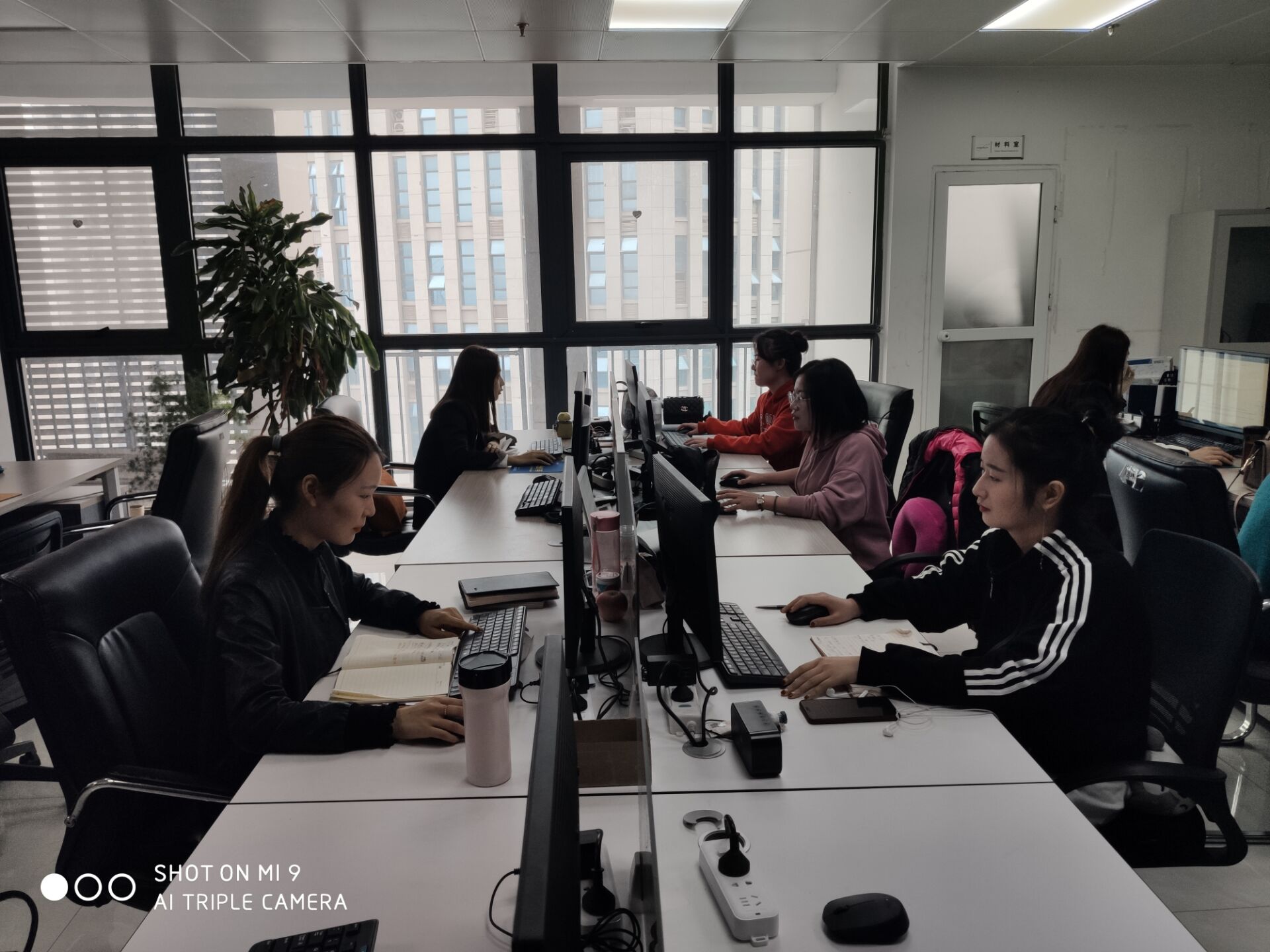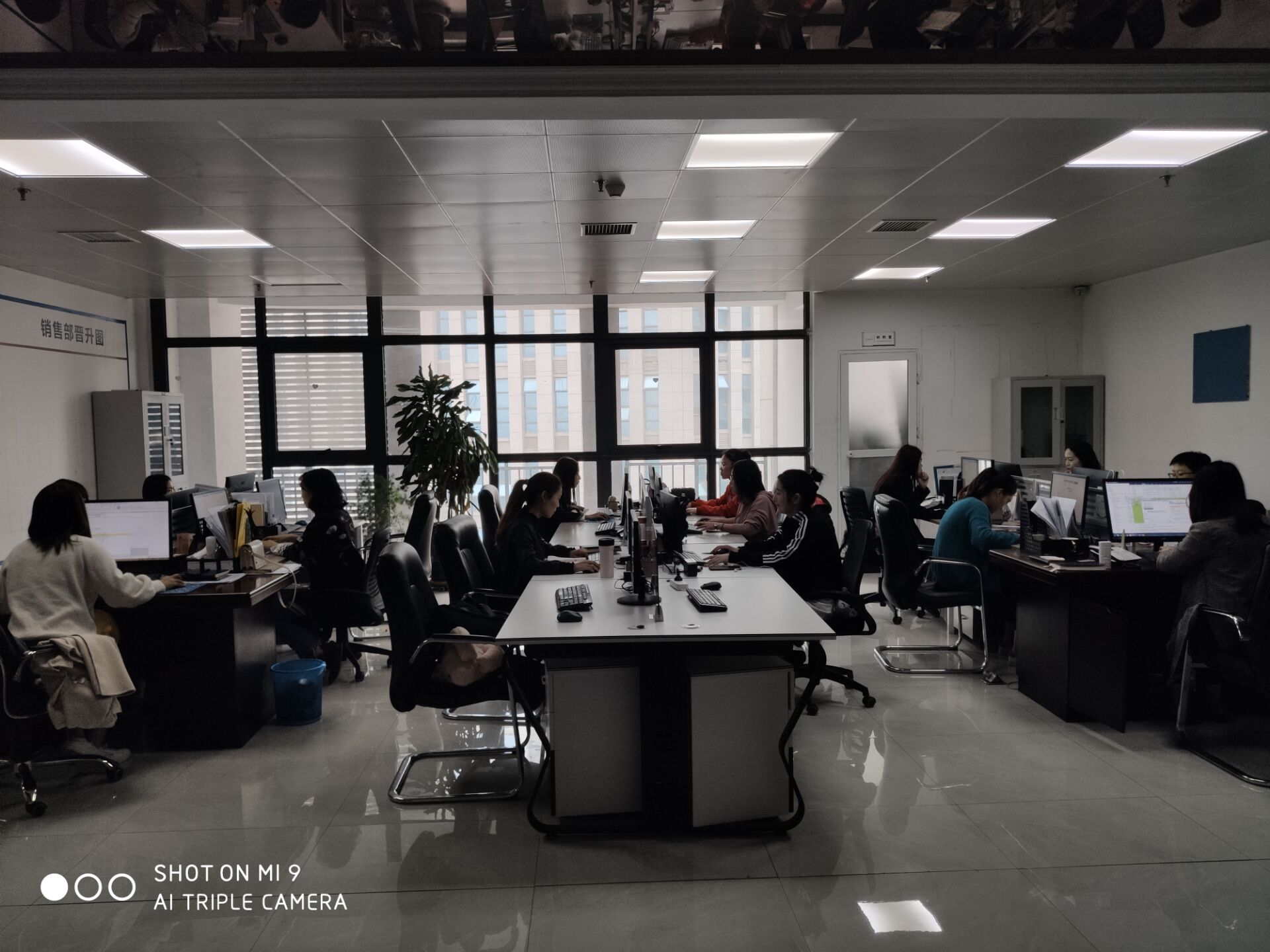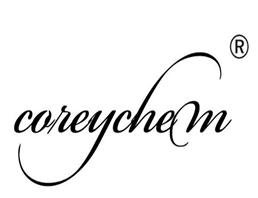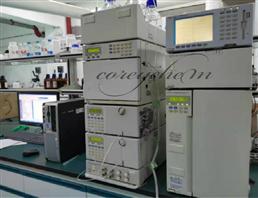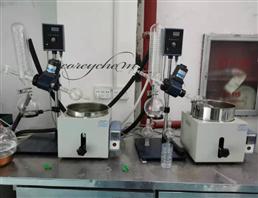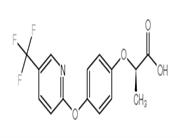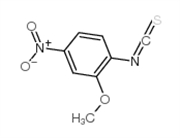Identification
1.1
GHS Product identifier
Product name 1-(3-methoxy-4-nitrophenyl)-N,N-dimethylpiperidin-4-amine
1.2
Other means of identification
Product number -
Other names 4-Piperidinamine,1-(3-methoxy-4-nitrophenyl)-N,N-dimethyl
1.3
Recommended use of the chemical and restrictions on use
Identified uses For industry use only.
Uses advised against no data available
1.4
Supplier's details
Company MOLBASE (Shanghai) Biotechnology Co., Ltd.
Address Floor 4 & 5, Building 12, No. 1001 North Qinzhou Road,
Xuhui District, Shanghai, China
Telephone +86(21)64956998
Fax +86(21)54365166
1.5
Emergency phone number
Emergency phone number +86-400-6021-666
Service hours Monday to Friday, 9am-5pm (Standard time zone: UTC/GMT +8 hours).
2.
Hazard identification
2.1
Classification of the substance or mixture
no data available
2.2
GHS label elements, including precautionary statements
Pictogram(s) no data available
Signal word
no data available
Hazard statement(s)
no data available
Precautionary statement(s)
Prevention
no data available
Response
no data available
Storage
no data available
Disposal
no data available
2.3
Other hazards which do not result in classification
no data available
3.
Composition/information on ingredients
3.1
Substances
Chemical name Common names and synonyms CAS number EC number Concentration
1-(3-methoxy-4-nitrophenyl)-N,N-dimethylpiperidin-4-amine 1-(3-methoxy-4-nitrophenyl)-N,N-dimethylpiperidin-4-amine 1089279-90-2 none 100%
4.
First-aid measures
4.1
Description of necessary first-aid measures
General advice
Consult a physician. Show this safety data sheet to the doctor in attendance.
If inhaled
If breathed in, move person into fresh air. If not breathing, give artificial respiration. Consult a physician.
In case of skin contact
Wash off with soap and plenty of water. Consult a physician.
In case of eye contact
Rinse thoroughly with plenty of water for at least 15 minutes and consult a physician.
If swallowed
Never give anything by mouth to an unconscious person. Rinse mouth with water. Consult a physician.
4.2
Most important symptoms/effects, acute and delayed
no data available
4.3
Indication of immediate medical attention and special treatment needed, if necessary
no data available
5.
Fire-fighting measures
5.1
Extinguishing media
Suitable extinguishing media
Use water spray, alcohol-resistant foam, dry chemical or carbon dioxide.
5.2
Specific hazards arising from the chemical
no data available
5.3
Special protective actions for fire-fighters
Wear self-contained breathing apparatus for firefighting if necessary.
6.
Accidental release measures
6.1
Personal precautions, protective equipment and emergency procedures
Use personal protective equipment. Avoid dust formation. Avoid breathing vapours, mist or gas. Ensure adequate ventilation. Evacuate personnel to safe areas. Avoid breathing dust. For personal protection see section 8.
6.2
Environmental precautions
Prevent further leakage or spillage if safe to do so. Do not let product enter drains. Discharge into the environment must be avoided.
6.3
Methods and materials for containment and cleaning up
Pick up and arrange disposal. Sweep up and shovel. Keep in suitable, closed containers for disposal.
7.
Handling and storage
7.1
Precautions for safe handling
Avoid contact with skin and eyes. Avoid formation of dust and aerosols. Avoid exposure - obtain special instructions before use.Provide appropriate exhaust ventilation at places where dust is formed. For precautions see section 2.2.
7.2
Conditions for safe storage, including any incompatibilities
Store in cool place. Keep container tightly closed in a dry and well-ventilated place.
8.
Exposure controls/personal protection
8.1
Control parameters
Occupational Exposure limit values
no data available
Biological limit values
no data available
8.2
Appropriate engineering controls
Handle in accordance with good industrial hygiene and safety practice. Wash hands before breaks and at the end of workday.
8.3
Individual protection measures, such as personal protective equipment (PPE)
Eye/face protection
Safety glasses with side-shields conforming to EN166. Use equipment for eye protection tested and approved under appropriate government standards such as NIOSH (US) or EN 166(EU).
Skin protection
Wear impervious clothing. The type of protective equipment must be selected according to the concentration and amount of the dangerous substance at the specific workplace. Handle with gloves. Gloves must be inspected prior to use. Use proper glove removal technique(without touching glove's outer surface) to avoid skin contact with this product. Dispose of contaminated gloves after use in accordance with applicable laws and good laboratory practices. Wash and dry hands. The selected protective gloves have to satisfy the specifications of EU Directive 89/686/EEC and the standard EN 374 derived from it.
Respiratory protection
Wear dust mask when handling large quantities.
Thermal hazards
no data available
9.
Physical and chemical propertiesIdentification

 China
China
